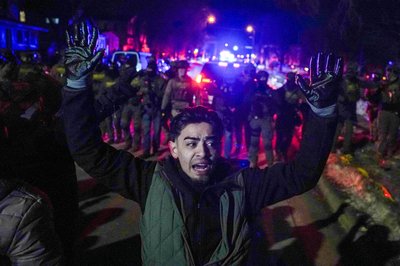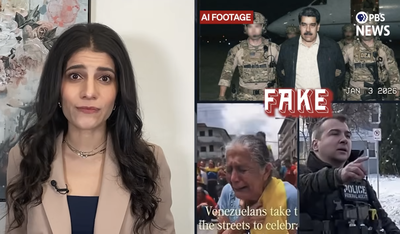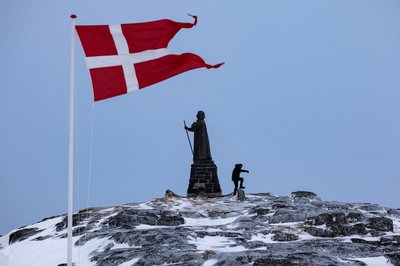SUMMARY
In an unprecedented announcement, the International Criminal Court said it was seeking warrants to arrest the leaders of Hamas and the elected leadership of Israel on charges of war crimes and crimes against humanity. President Biden called it “outrageous” and Israeli Prime Minister Netanyahu called it “blood libel.” But prosecutor Karim Khan defended his decision. Nick Schifrin reports.
View the transcript of the story.
News alternative: Check out recent segments from the NewsHour, and choose the story you’re most interested in watching. You can make a Google doc copy of discussion questions that work for any of the stories here.
WARM-UP QUESTIONS
- What is the International Criminal Court?
- When was the court formed?
- Who is the court charging with war crimes?
- Why does the United States government reject the findings of the ICC?
- How might the ICC try to enforce its arrest warrants?
FOCUS QUESTIONS
- Do you think the International Criminal Court should have the power to arrest national leaders for war crimes? Explain your response.
- Examine the map below by the Council on Foreign Relations (CFR). What do you notice about which countries are included and which are not?

Map courtesy of the Council on Foreign Relations
Media literacy: Where could you go to find out more about the International Criminal Court and why it was established? Read this CFR backgrounder on the ICC.
- Dig deeper: The four states who signed the Rome Statute which set up the ICC but did not ratify it (think Constitutional Convention when states had to ratify) include Israel, Russia, Sudan and the United States. President Bill Clinton signed the treaty but didn't submit it to the Senate for ratification. Therefore, these states are under no legal obligations to comply with the ICC's rules.
- Do you think the U.S. should become a member of the ICC? Why do you think the U.S. has not joined the ICC? Read CFR's "What is the U.S. stance?" here.
- If Israel and the U.S. are not members of the ICC and are not obligated to comply with the ICC, why do you think their reaction against the arrest warrants was so strong?
Alternative: See, Think, Wonder: What did you notice? What did the story make you think? What would you want to learn more about?
FOR MORE
What students can do: Watch the following video as a class and discuss — which arguments do you find most persuasive? After watching this segment, has your mind changed at all about whether or not the ICC should have the power to arrest national leaders?
Fill out this form to share your thoughts on Classroom’s resources.





